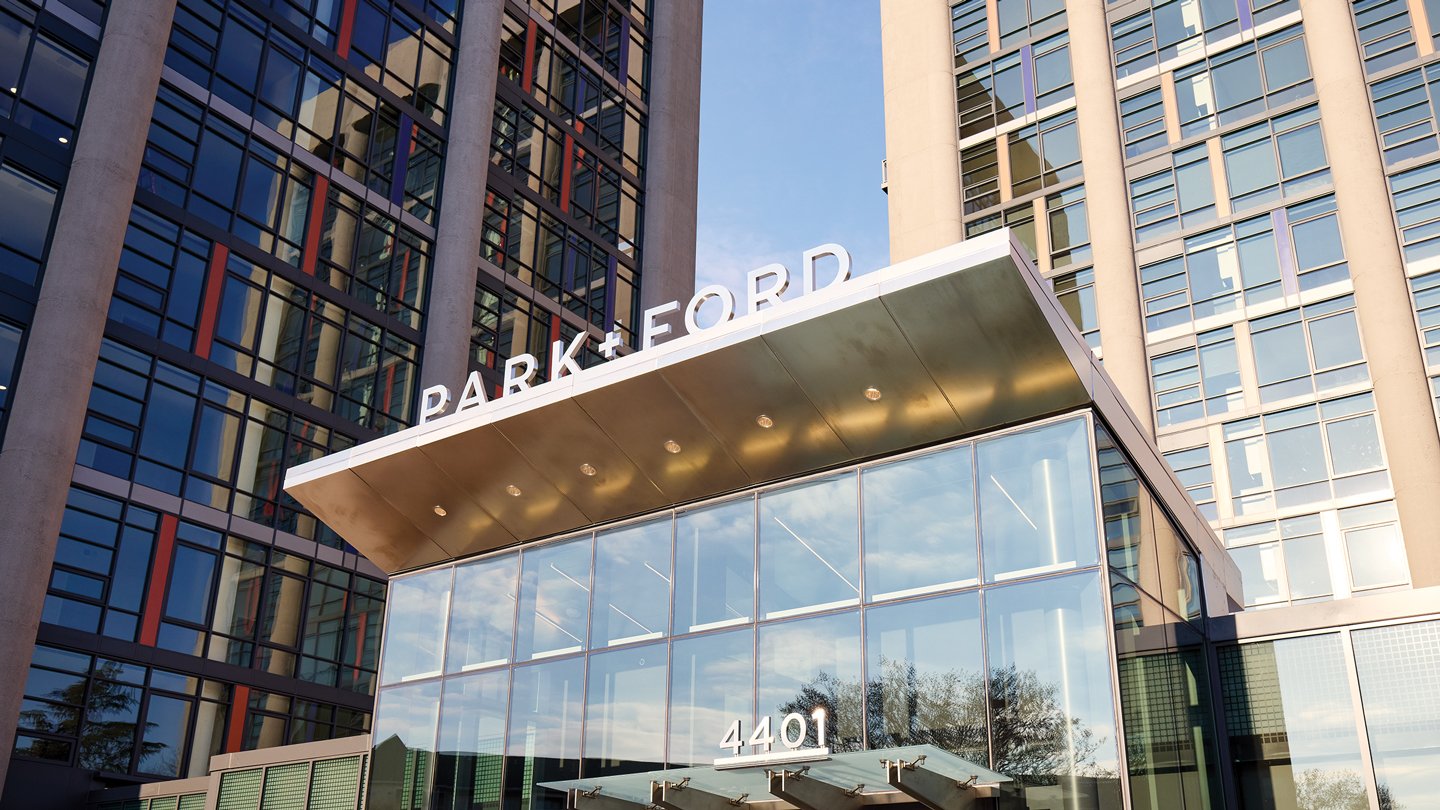The Legal Consequences of Downzoning

A case in California explores whether developers can be compensated because of a change in land-use designation.
“Downzoning” is when a government agency rezones a parcel of land once previously zoned for a more intense use to a more restrictive use (for example, changing the zoning designation of an undeveloped parcel of land to agricultural or open space). Those who purchase an undeveloped property zoned for commercial, industrial or residential uses only to later have that property rezoned for agricultural or open-space uses unquestionably suffer a loss. But when is such an action entitled to compensation?
If the municipality simply wants to change the zoning to a more restrictive use, the law in places such as California provides that unless the change in zoning results in a regulatory taking or deprives the owner of a vested right, the property owner is not entitled to compensation. In other words, the owner is not entitled to compensation unless the new zoning designation results in a loss of substantially all economically viable uses of the property, or the owner has done substantial work or expended large sums of money in good-faith reliance on a development permit.
However, if the downzoning is done in bad faith, the owner may be entitled to compensation. For example, if the change in zoning can be shown to be a subterfuge to reduce the acquisition price in a subsequent condemnation action, it may constitute a taking. Similarly, compensation may be owed if the change in zoning was meant to accomplish the same purpose of acquisition of the land (i.e., for open-space purposes). And a government agency may be on the hook if it tries
to preserve the status quo by denying development applications for the purpose of reducing the eventual acquisition price.
A Case Study from California
A recent case, FFV Coyote LLC v. City of San Jose, analyzed this issue and it was found that the plaintiffs had made a takings claim based on the Fifth Amendment that was strong enough to survive a motion to dismiss. (In addition to its well-known protections against self-incrimination and double jeopardy in legal proceedings, the Fifth Amendment includes a clause noting that private property cannot “be taken for public use, without just compensation.”)
The plaintiffs, FFV Coyote LLC, own property in San Jose, California, originally acquired in the 1960s. The land is undeveloped and unused, except for a seasonal pumpkin patch and related attractions.
The city of San Jose’s general plan originally designated the property as “light industrial,” but through general plan amendments, the property’s zoning has changed over time to “agricultural,” “campus industrial” and later, “industrial park.” As development became more likely in the area that encompasses the property, community pressure increased to keep the area as open space. The city even purchased land adjacent to the property (which was also designated as “industrial park”) to preserve it as open space.
In 2019, the city explored a general plan amendment to address development in the area, including the property. Ultimately, the general plan was amended, and the property designation was changed from “industrial park” to “agricultural.” While the amendment was under review, the owners signed a contract to sell the property to a developer for $44.1 million. Days after the property’s designation was changed, the developer terminated the contract to buy the property.
The property owners sued in federal district court, claiming, among other things, that the city’s general plan amendment violated the takings clause of the Fifth Amendment. The city filed a motion to dismiss for failure to state a claim.
In the Courtroom
The district court determined that the plaintiffs stated a claim for violation of the Fifth Amendment as a regulatory taking under the Penn Central factors, and denied the city’s motion to dismiss. The Penn Central test requires the evaluation of three factors: the economic impact of the regulation on the claimant, the extent to which the regulation has interfered with distinct investment-backed expectations, and the character of the governmental action. The plaintiffs satisfied the requirements, at least at the pleading stage.
First, the plaintiffs alleged that the economic impact of the city’s action was “severe,” in that it was directly responsible for the termination of the $44.1 million sale agreement. Further, the plaintiffs’ complaint cited an expert’s report supporting the position that agriculture is not an economically viable use of the property. Also, the plaintiffs argued that even the most recent use of the property as a pumpkin patch would no longer be permitted under the new land-use designation. Given these allegations, the district court ruled that the plaintiffs had made a strong case that the economic impact of the regulatory change may be so severe as to constitute a taking.
Second, the plaintiffs stated that the property was purchased as a long-term investment that could reasonably be sold for development. They claimed that the land use designation history for the property indicated that the property was suitable for industrial development and that there had been a significant investment in infrastructure improvements in the area since the 1980s to facilitate industrial uses. The district court concluded that deciding whether the expectation of future industrial development was reasonable was a factual inquiry that could not be resolved at the pleading stage.
Third, the plaintiffs alleged that the city’s action was intended to “preserve” the property for the benefit of the public in a way that requires just compensation. They said that the city accomplished this goal through the downzoning set forth in the general plan amendment. The district court concluded that these allegations support a regulatory-takings claim.
In sum, the district court determined that plaintiffs had sufficiently stated a claim for a taking in violation of the Fifth Amendment. At this stage, the city’s motion to dismiss was denied and the claim for a regulatory taking can proceed.
What’s Next?
While this is not a final determination whether downzoning constitutes a regulatory taking, it demonstrates the type of allegations that can survive a motion to dismiss. This case will be interesting to follow to see if the court determines that this is a permissible use of the city’s police power, or if it rises to the level of a regulatory taking.
Brad Kuhn is a partner and Jillian Friess Leivas is an associate with Nossaman LLP in Orange County, California.
RELATED ARTICLES YOU MAY LIKE
Facility Managers Must Prepare for an All-Electric Future
Fall 2023 Issue







